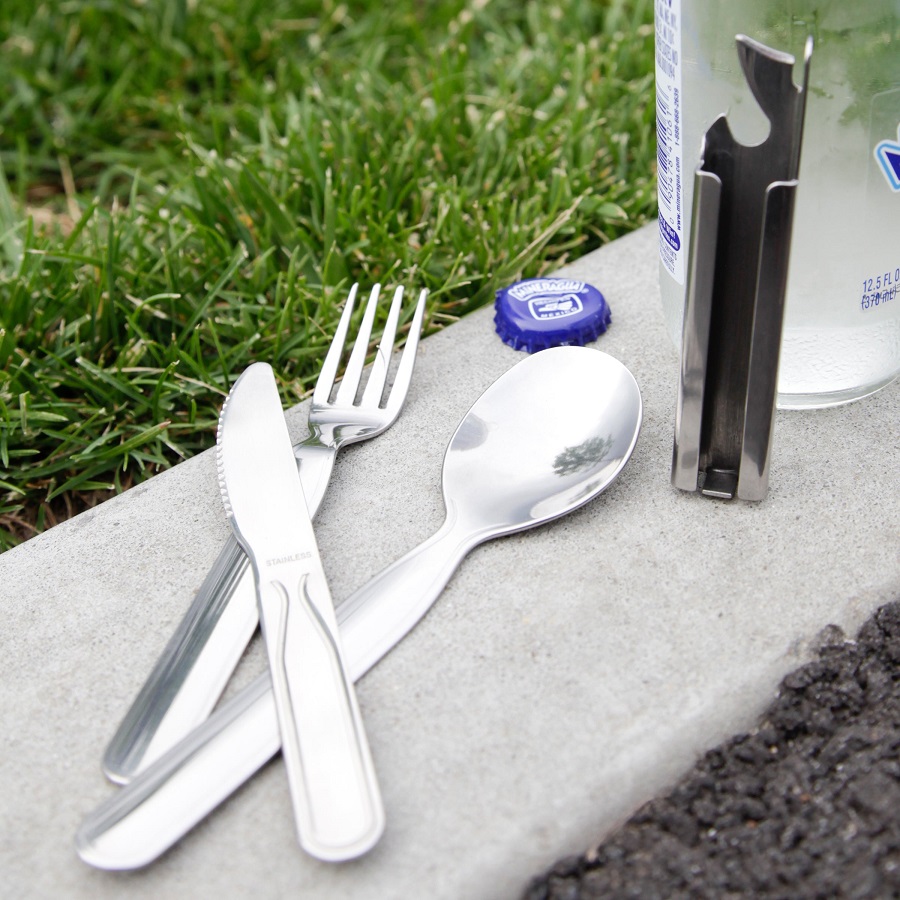 Introduction:
Introduction:
The kitchen sink is one of the most frequently used areas in any household. It is not only the place where we wash dishes and prepare food, but it can also become a breeding ground for bacteria and odors if not properly cleaned. In this comprehensive guide, we will explore the importance of keeping a clean kitchen sink. From daily maintenance to deep cleaning techniques, we will delve into the steps and products necessary to maintain a hygienic and odor-free sink. By following these guidelines, you can ensure a clean and healthy environment in your kitchen.
Some reasons highlighting the importance of cleaning the kitchen sink:
Keeping the kitchen sink clean is essential for several reasons. Here are some reasons highlighting the importance of cleaning the kitchen sink:
Hygiene:
The kitchen sink is a breeding ground for bacteria, food particles, and other contaminants. Regularly cleaning the sink helps eliminate these potential sources of contamination, reducing the risk of foodborne illnesses and maintaining a hygienic environment in the kitchen.
Food Preparation:
The kitchen sink is often used for various food preparation tasks, such as washing fruits, vegetables, and utensils. A clean sink ensures that the food being prepared or washed remains free from any residues or contaminants, promoting safe and healthy cooking practices.
Odor Prevention:
Over time, food residues, grease, and bacteria can accumulate in the sink, leading to unpleasant odors. Regular cleaning helps eliminate these odor-causing substances, keeping the kitchen smelling fresh and clean.
Maintenance and Longevity:
Regularly cleaning the sink helps prevent the buildup of hard water stains, mineral deposits, and soap scum, which can damage the sink’s surface over time. By maintaining a clean sink, you can prolong its lifespan, prevent deterioration, and avoid the need for costly repairs or replacements.
Aesthetics:
A clean kitchen sink contributes to the overall appearance and aesthetics of the kitchen. A dirty or stained sink can make the entire kitchen look unclean and unkempt. Keeping the sink clean adds to the visual appeal of the kitchen and creates a pleasant and inviting atmosphere.
Pest Control:
A dirty sink can attract pests such as fruit flies, cockroaches, or ants. By keeping the sink clean and free from food debris, you can help prevent the infestation of pests and maintain a pest-free kitchen environment.
In conclusion, maintaining a clean kitchen sink is crucial for hygiene, food safety, odor prevention, maintenance, aesthetics, and pest control. Regular cleaning and proper maintenance of the sink help create a healthy, functional, and visually appealing kitchen space.
 Daily Maintenance:
Daily Maintenance:
Rinse and Wipe:
After using the sink, rinse it thoroughly with warm water to remove any food particles or residue.
Wipe down the sink with a cloth or sponge to prevent the buildup of stains and grime.
Keep it Dry:
After each use, make sure to dry the sink with a clean towel or paper towel to prevent the growth of bacteria and water spots.
Dispose of Food Waste Properly:
Avoid disposing of food waste directly into the sink, as it can cause clogs and unpleasant odors.
Use a sink strainer or garbage disposal to collect food scraps before disposing of them in the trash.
 Weekly Cleaning:
Weekly Cleaning:
Deep Clean:
Once a week, dedicate some time to a more thorough cleaning of the kitchen sink.
Use a mild detergent, dish soap, or specialized sink cleaner to remove any stubborn stains or buildup.
Scrub with a Non-Abrasive Sponge:
Gently scrub the surface of the sink using a non-abrasive sponge or cloth, paying attention to areas around the drain and faucet.
This will help remove any lingering dirt or grime.
Clean the Faucet and Handles:
Use an appropriate cleaning solution to wipe down the faucet, handles, and any other fixtures around the sink.
Pay attention to areas that come into contact with hands and can harbor bacteria.
Removing Stains and Odors:
Baking Soda and Vinegar:
For stubborn stains or odors, create a mixture of baking soda and vinegar.
Apply the mixture to the stained areas and let it sit for a few minutes before scrubbing and rinsing.
Lemon Juice:
Lemon juice can also be effective in removing stains and odors from the sink.
Squeeze fresh lemon juice onto the surface of the sink and scrub with a sponge or cloth.
Dealing with Hard Water Deposits:
White Vinegar Soak:
If your sink is prone to hard water deposits, fill it with white vinegar and allow it to soak for a few hours or overnight.
Scrub the sink with a soft brush or sponge afterward and rinse thoroughly.
Lemon and Salt Scrub:
Alternatively, create a paste with lemon juice and salt to scrub away hard water deposits.
Rinse with water and dry the sink afterward.
 Maintaining Odor Control:
Maintaining Odor Control:
Garbage Disposal Maintenance:
To prevent unpleasant smells, clean and deodorize your garbage disposal regularly.
Use lemon peels, ice cubes, or specialized disposal cleaners to eliminate odors and keep the disposal running smoothly.
Regular Drain Cleaning:
Ensure that your sink’s drain is free from blockages by periodically pouring boiling water down the drain or using a mixture of baking soda and vinegar.
Avoid using harsh chemical drain cleaners, as they can damage the pipes and harm the environment.
Prevention Tips:
Use a Cutting Board:
Avoid cutting or chopping food directly on the sink’s surface, as it can cause scratches and damage the finish.
Always use a cutting board to protect the sink and maintain its cleanliness.
Clean Up Spills Immediately:
Address spills or messes on the sink’s surface promptly to prevent stains or lingering odors.
Wipe spills with a cloth or sponge and rinse the area thoroughly.
 Conclusion:
Conclusion:
Maintaining a clean and hygienic kitchen sink is essential for the overall cleanliness of your kitchen and the well-being of your household. By incorporating daily maintenance habits, weekly cleanings, and proper stain and odor removal techniques, you can ensure a fresh and inviting sink. Remember to practice prevention by using cutting boards and promptly cleaning up spills. With a clean kitchen sink, you can enjoy a healthier and more pleasant cooking and cleaning experience.



